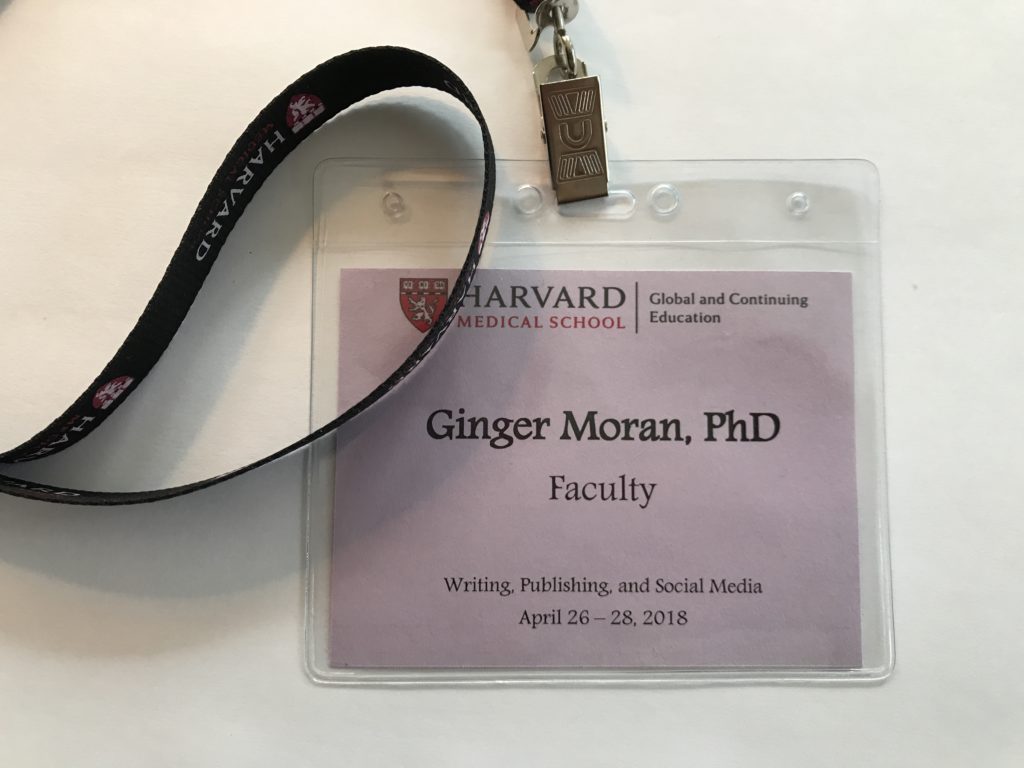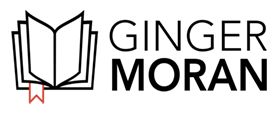
I just came back from one of the most exciting conferences I’ve been to–the Harvard Medical School Continuing Medical Education Conference on Publishing.
I was on the faculty for the first time this year and it was truly an honor to be there. I had a chance to connect with some of my favorite colleagues, meet new people in publishing and social media, and sit in on a workshop on creativity. Mostly, I got to hear the stories doctors want to tell.
There is just an astonishing array of stories out there, just waiting to be told. And doctors, who know our deepest secrets, know many stories. Some doctors are passionate about their subject and want to write a good book about, say, diet–or melanoma. Others have a personal story to tell about their lives and–so often–about their deep sense of connections to us, the patients.
I don’t know about you, but I usually think about what my doctor means to me–and hardly ever (never?) about what I mean to her.
In this time of health care debates and so much polarization, it was deeply touching to hear how many of our doctors care so extremely much about us and are so personally invested in what becomes of us. It is much more of a partnership than I’d ever dreamed.
They were getting a wealth of information from the presenters, agents, editors, and book coaches there. They often had the same questions as other writers I work with —
- how do I get started,
- how do I know if my book idea is any good,
- what is book coaching,
- and what in the world is platform.
They had heard a lot about platform from people who know and were somewhat intimidated.
I talked a lot about the four stages of the book process, from conceiving of a book idea, to creating the (pretty dreadful) first draft, to crafting a good book out of the raw material of the draft (often with help), to the business of connecting with their audience. I also talked a lot about how important it is not to get out ahead of ourselves as writers–not to be thinking too much about connecting with the audience when we haven’t gotten an idea nailed down or a good draft produced.
I heard–as I often do–that people sometimes see platform and book as separate.
This isn’t so.
And that is because the mysterious platform isn’t really that mysterious. Because I’m a writer myself I had to break this down so that it made sense to me. And this is what I came up with: Platform is who you know that needs to know what you know.
In other words platform is
- Content +
- Community
If you focus on these two–building community while you are writing good content–you will be building a platform that supports your book by the time you get to the end of the process.
Platform can be almost endlessly added to–website, social media, publicity, articles and essays in journals, talks and programs, SEO. But don’t lose sight of the fact that the fundamental platform is what you know delivered to those who want to know it. And that starts with your own address book, the groups you already belong to and are active in, the partners and connections you already have, the articles and talks you are already writing and giving.
Don’t let the idea of platform stand in the way of writing your good book because they are really in partnership.
As Kierkegaard tells us,
“To dare is to lose one’s footing momentarily. Not to dare is to lose oneself.”

I love this post, Ginger. I think everyone in publishing freaks out a bit about platform. Your post helps writers take it on a bit at a time. And, a narrative driven book is certainly less dependent on platform than a prescriptive book.